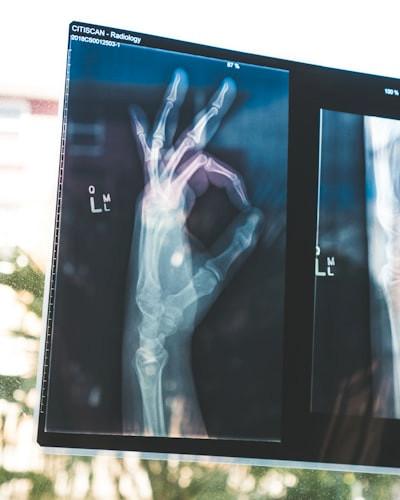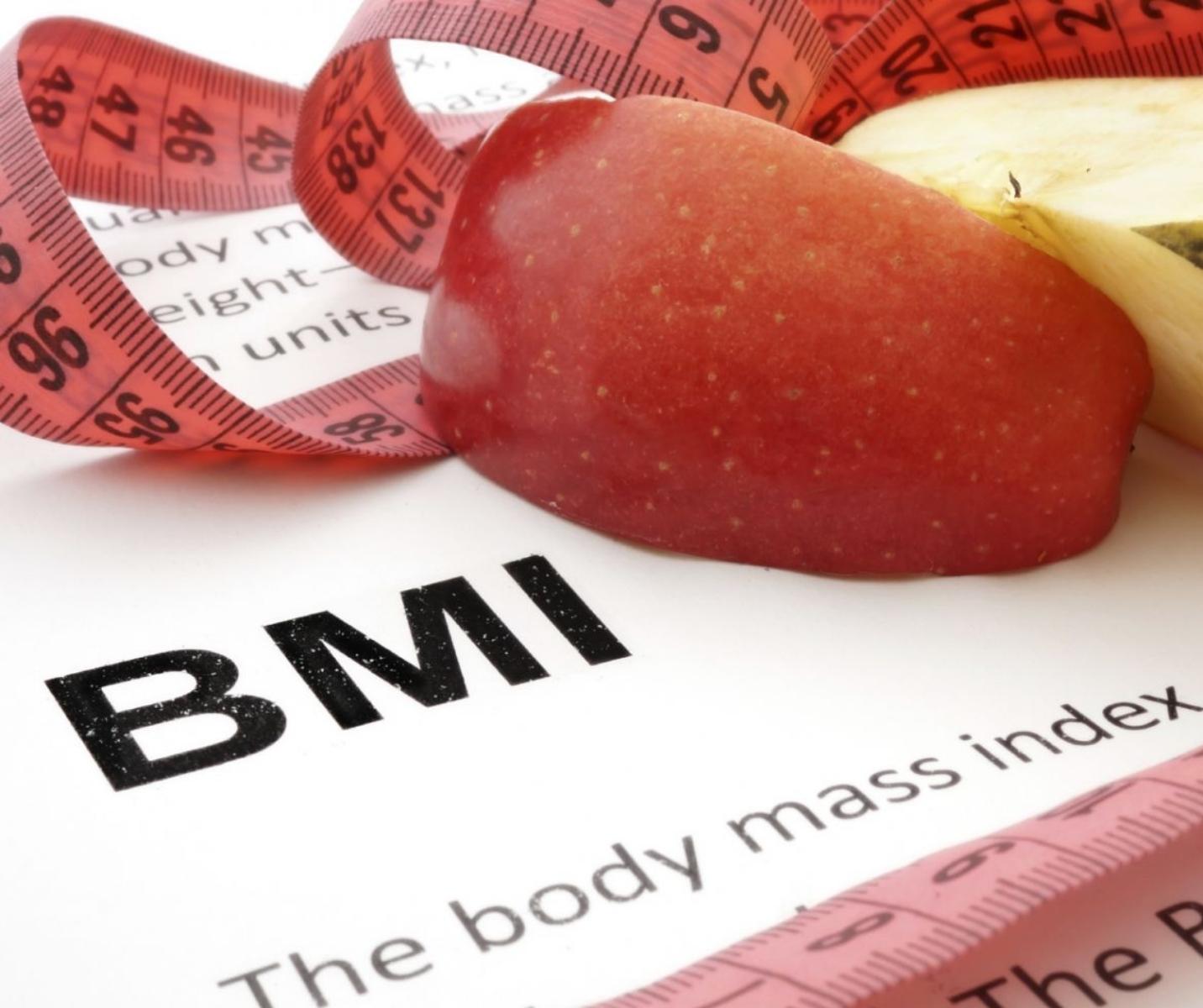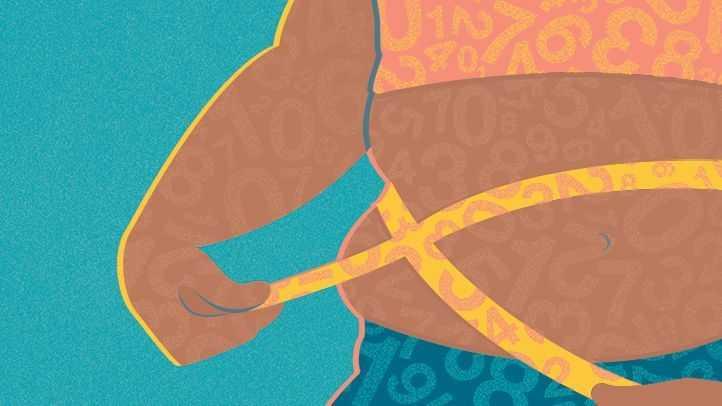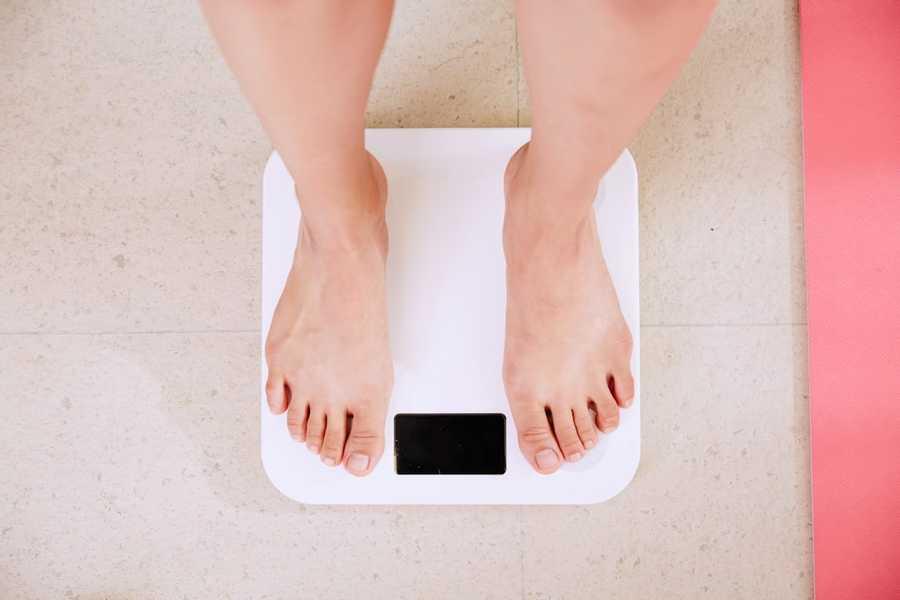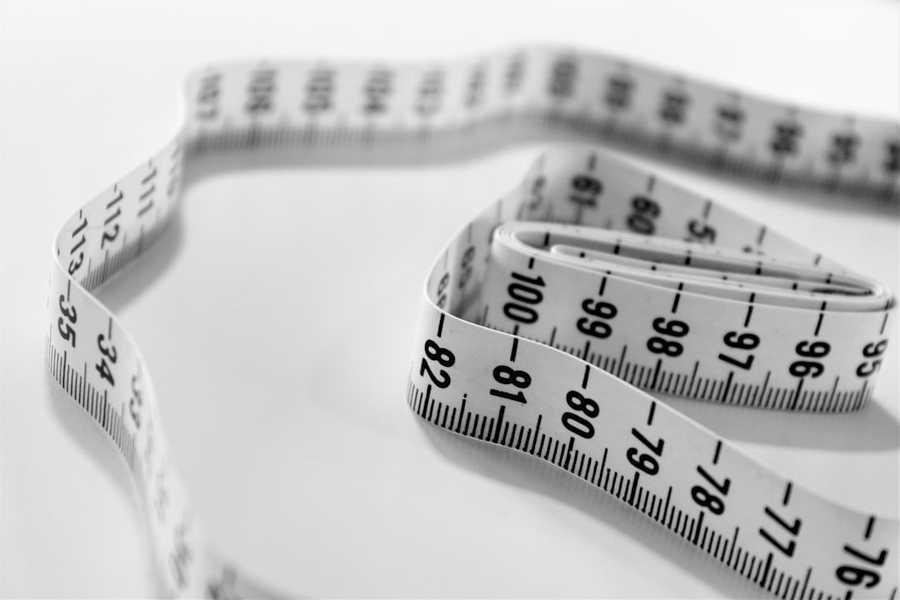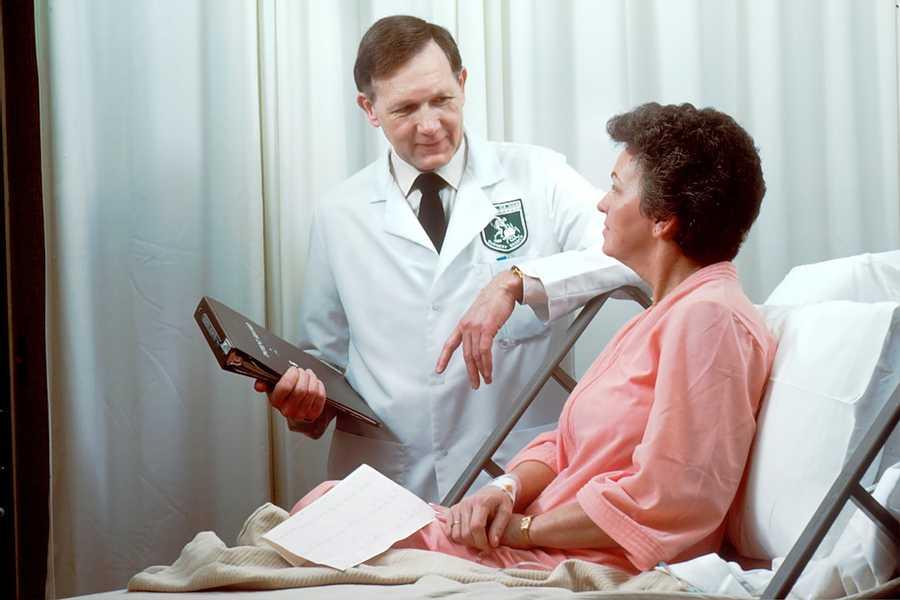BMI Flaws, History, and Other Ways to Measure Body Weight and Fat | Everyday Health
everydayhealth.com
8 ideas
·882 reads
7
Learn more about health with this collection
Understanding the psychological rewards of bad habits
Creating new habits to replace old ones
Developing self-discipline
What is BMI?
The Body mass index (BMI) is a marker for health & obesity. It can be measured using the following formula: weight (kg) ÷ height² (m²)
BMI indexes:
- 18.5> is underweight
- 18.5 ~ 24.9 is normal
- 25 ~ 29.9 is overweight
- 30< is obese
18
149 reads
History of BMI
Using a weight-to-height index devised by Adolphe Quetelet in 1832 (the Quetelet index), Dr. Ancel Keys coined the term "body mass index" as a convenient way to measure relative obesity.
He judged BMI as inappropriate for individual evaluation.
However, it is widely used for preliminary diagnoses today.
15
172 reads
The BMI scale is innacurate
The BMI scale cannot be applied to everyone (especially women & POC) because it was developed by studying European men — and thus does not take into account racial & sex differences.
It is also an inaccurate measure of body fat content because it does not take into account muscle mass, bone density & overall body composition.
19
96 reads
How innacurate is BMI?
- Asians may have increased health risks before their BMI qualifies as overweight due to their tendency to hold abdominal fat.
- Athletes tend to have heavier bones & more muscle mass, resulting in higher BMI but may NOT be unhealthy.
- Pregnant/nursing Women typically have higher BMIs due to higher body fat percentage, but may NOT be unhealthy.
- People aged 65+ with a higher BMI tend to have more muscle mass, which has a protective effect in terms of overall functionality.
15
110 reads
Why do health-care providers still use BMI?
Research shows that BMI is a reliable estimate of health risks.
Plus, it’s convenient, cost effective, & accessible in all healthcare settings.
14
111 reads
Why should there be alternatives to BMI?
- For a more accurate assessment of health risks. (Factors such as age, gender, race, medical history, exercise, nutrition, stress, etc, should be taken into account.)
- To prevent weight bias, in which doctors assume that the patient's higher BMI is the cause of their diagnosis, leading to poor quality healthcare.
15
82 reads
Alternatives to BMI
- Waist-to-hip ratio: measures abdominal fat. It's convenient but does NOT consider different body shapes/muscle & bone mass.
- Body fat percentage: dinguishes between fat mass & fat-free mass and more accurate. However accurate measuring equipment is expensive & inaccessible.
- Lab test: various blood & vital signs measurements to indicate health risks. More accurate but NOT convenient (need multiple tests to be accurate).
17
72 reads
Conclusion
While there are alternatives to use in place of the BMI scale, each tool comes with its own advantages and disadvantages.
Thus, healthcare providers should use the available alternatives together with the BMI index to obtain a more accurate reading of their patient's health risks.
15
90 reads
CURATED BY
Just a queer, brown, psychology undergraduate ranting about random things I come across. I organize my thoughts in little, informative chunks and try to cite my sources. #psychology #society #marxism #philosophy #leftist #LGBTQ #gay #trans #queer
More like this
3 ideas
Is BMI an Accurate Way to Measure Body Fat?
scientificamerican.com
5 ideas
6 ideas
How to reduce visceral body fat (hidden fat)
healthdirect.gov.au
Read & Learn
20x Faster
without
deepstash
with
deepstash
with
deepstash
Access to 200,000+ ideas
—
Access to the mobile app
—
Unlimited idea saving & library
—
—
Unlimited history
—
—
Unlimited listening to ideas
—
—
Downloading & offline access
—
—
Personalized recommendations
—
—
Supercharge your mind with one idea per day
Enter your email and spend 1 minute every day to learn something new.
I agree to receive email updates
